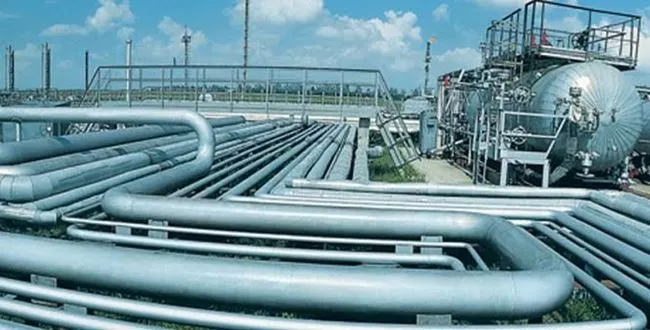Nigeria’s gas production is on the rise, edging closer to a massive 12 billion cubic feet per day (bcf), according to the Federal Government. This marks a significant leap from the current 7.5 bcf per day, as the nation aims to position itself as a leading gas economy.
Minister of State for Petroleum Resources (Gas), Ekperikpe Ekpo, revealed this development, where he outlined ambitious plans to ramp up production under the Decade of Gas initiative.
“We are pushing forward with the Decade of Gas, which aims to transform Nigeria into a full-fledged gas economy by 2030. We’re moving steadily from 7.5 bcf to 12 bcf per day to ensure gas sufficiency across the country,” Ekpo said.
The Decade of Gas initiative, launched by the Federal Government, seeks to harness the country’s vast natural gas reserves as a key driver of economic growth and energy transition. With Nigeria holding 209.26 trillion cubic feet of gas, the government is focused on making gas the country’s main transition fuel, as the world shifts towards cleaner energy.
Despite concerns about the sustainability of gas production, Ekpo expressed confidence in Nigeria’s ability to boost output, especially as international oil companies (IOCs) shift their focus to deepwater drilling, where significant gas reserves are located.
Read also: NNPC confirms massive $6 Billion debt to petrol suppliers, as fuel scarcity worsens across Nigeria
“We are producing more gas from existing resources, and with many IOCs moving from shallow waters to deep water, we’re tapping into the huge gas deposits available. With President Bola Tinubu’s commitment, we can assure Nigerians of sufficient gas supply to meet our growing energy needs,” Ekpo added.
As Nigeria ramps up gas production, many citizens are feeling the pinch of rising cooking gas prices. The cost of cooking gas has skyrocketed to N1,300 per kilogram, a sharp increase from less than N1,000 per kilogram in June. This surge in prices has sparked concerns about affordability, even as the government works to enhance gas production and supply.
While the Federal Government pushes for higher production to fuel industrial growth and domestic use, many Nigerians are hopeful that increased output will eventually lead to more affordable gas prices.
With the ambitious Decade of Gas initiative in full swing, Nigeria is on the path to becoming a global gas hub by 2030. The Federal Government’s focus on ramping up production, tapping into deepwater reserves, and ensuring sustainability could position the country as a key player in the global energy market.







